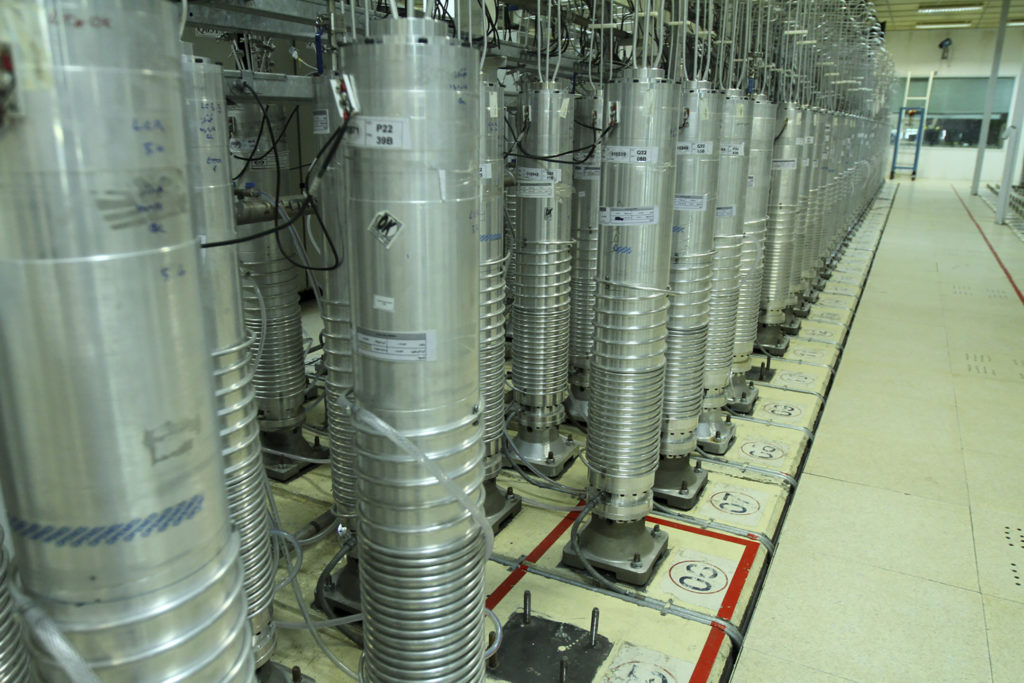Iran agreed to allow the IAEA to repair and replace cameras that had been damaged in a recent attack, said IEAE chief.
By Lauren Marcus, World Israel News
On the heels of a statement that Iran will allow the International Atomic Energy Agency (IAEA) to resume monitoring of the Islamic Republic’s nuclear sites, the agency’s head revealed that critical equipment may have been damaged or destroyed during a sabotage attack last June, which was widely attributed to the Mossad.
Raphael Grossi, chief of the watchdog group, told reporters that the compromise agreement with Iran was a last-ditch effort aimed at saving nuclear deal talks with Iran before they break down completely.
“This is not a permanent solution, this cannot be a permanent solution. This has always been seen, for me at least, as a stopgap, as a measure to allow time for diplomacy,” he said to European media at the airport in Vienna, after his return from Tehran.
“We managed to rectify the most urgent issue: The imminent loss of knowledge we were confronted with until yesterday. Now we have a solution.”
Grossi said that servicing of IAEA monitoring equipment at Iranian sites would begin “within a few days,” and added that Iran had agreed to allow the agency to repair and replace cameras that had been damaged in a recent attack.
While he did not name which site contained damaged monitoring equipment, or who was behind the attack, it’s believed that he was referring to the mysterious June blast at the Karaj nuclear facility near Tehran.
The attack saw an emergency shutdown of a major nuclear reactor some 25 kilometers (40 miles) away from the Iranian capital.
In April, a massive explosion at the Natanz nuclear facility was said to set back Iran’s rapidly-advancing nuclear program by some 9 months.
Eurasia Group analyst Henry Rome told Reuters that while Iran’s “concessions” on monitoring should be considered “very modest,” they have helped the nation achieve its goal – avoiding a resolution condemning its failure to cooperate with the IAEA.
Iran’s announcement to allow the agency to resume monitoring “will almost certainly be sufficient to avert censure at this week’s meeting,” Rome said.


